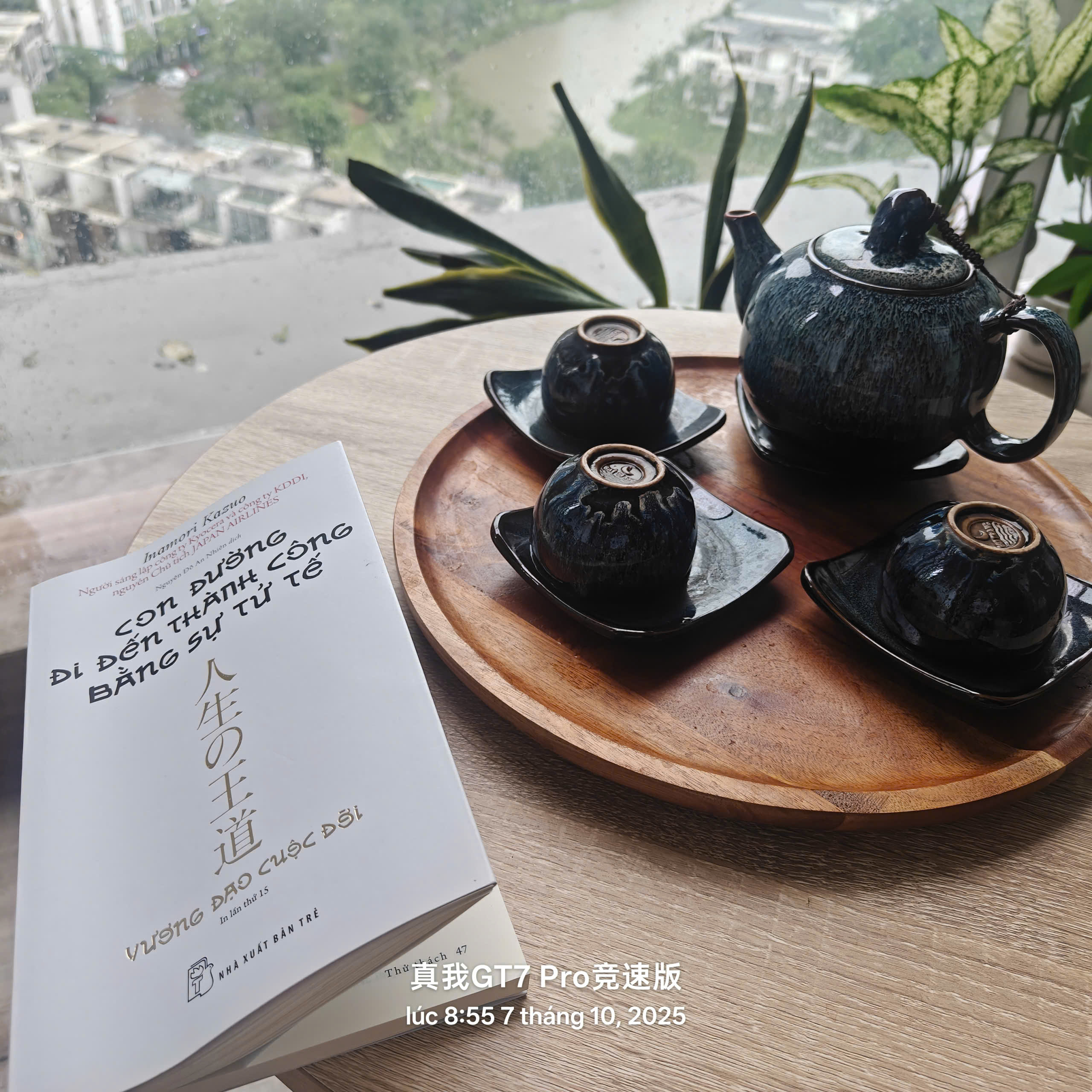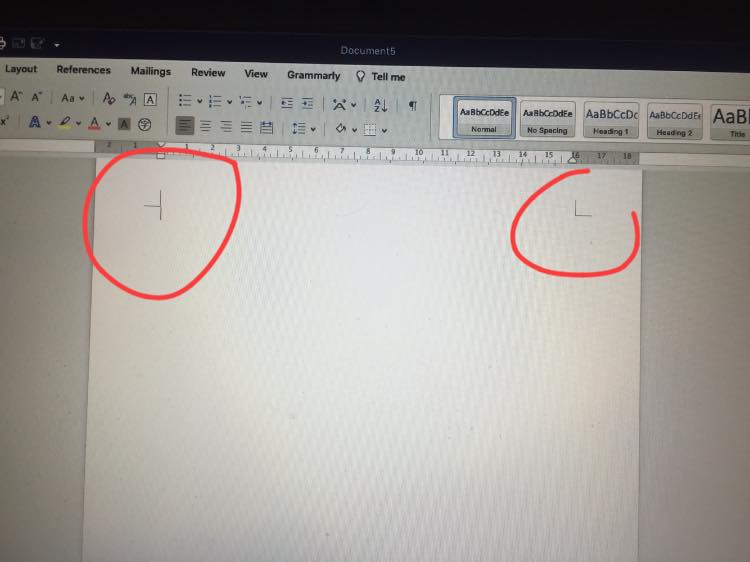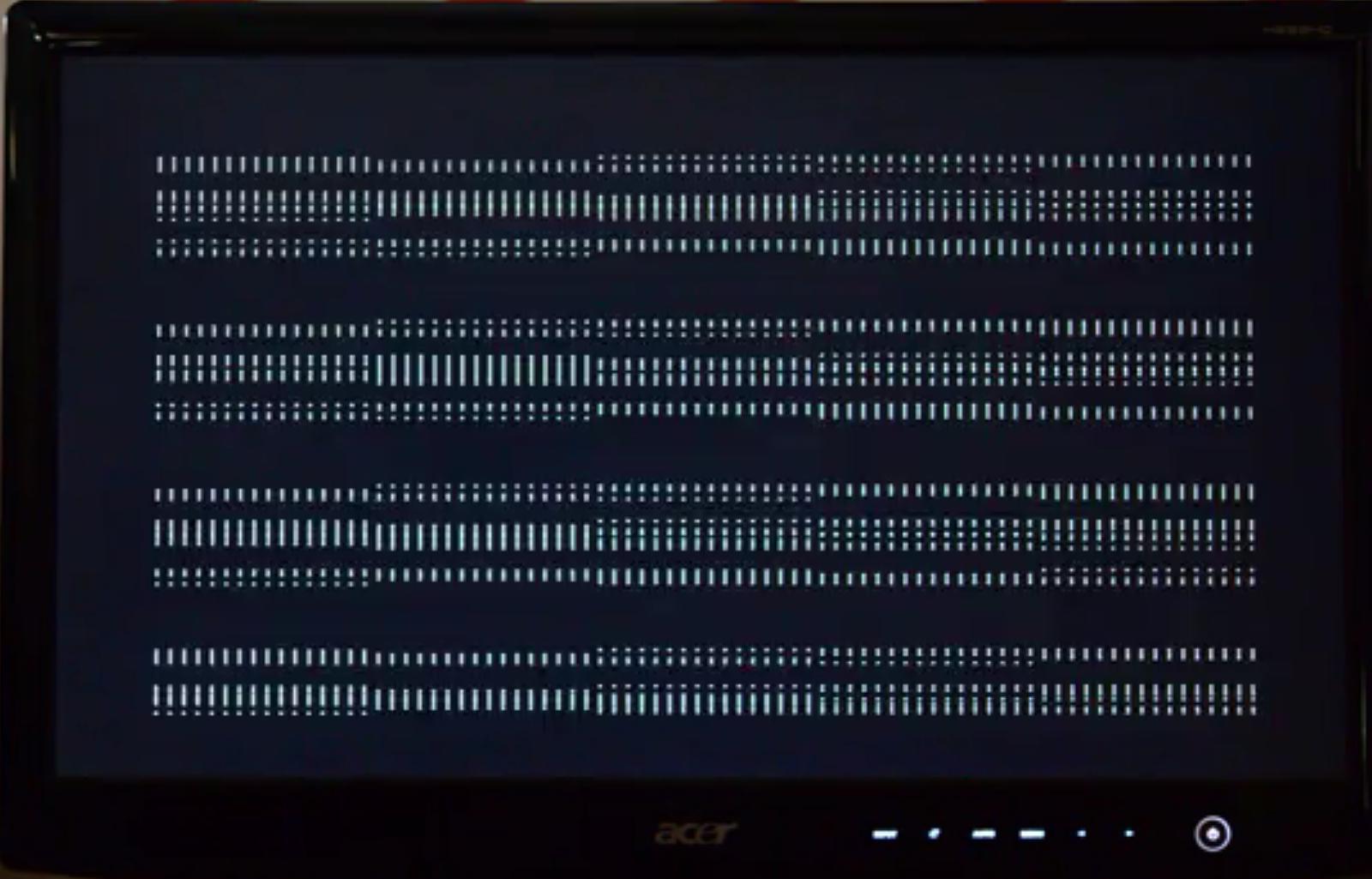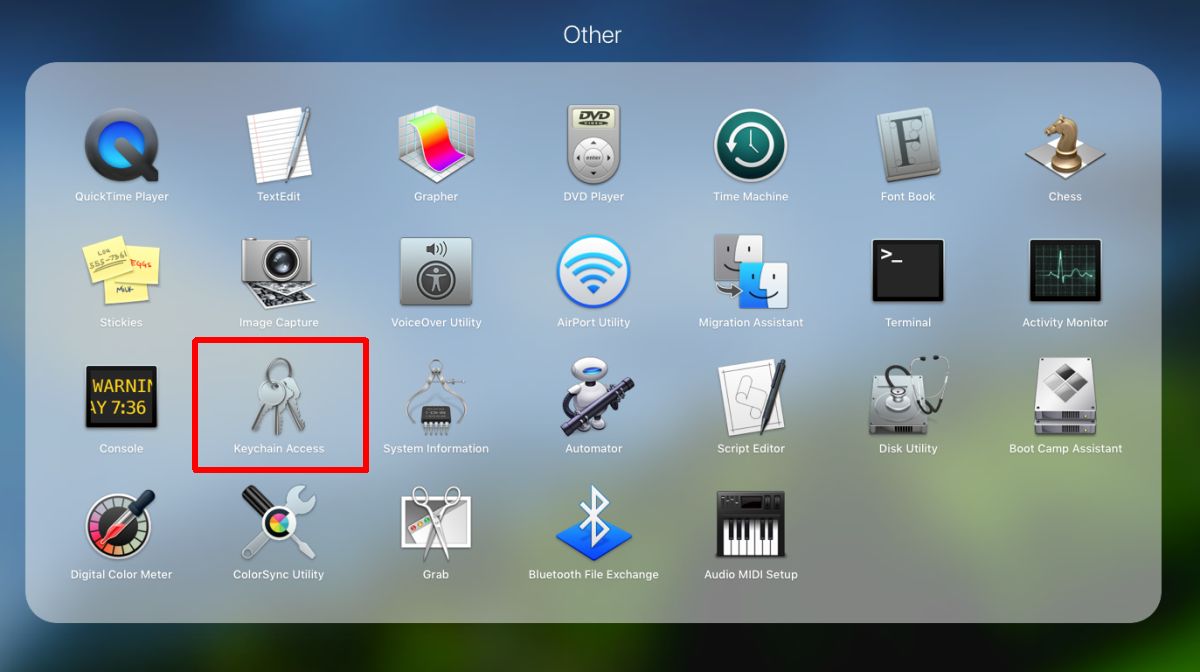Cling film plastic bag factory produces versatile packaging solutions for food and industrial use, ensuring freshness and protection. Viepak, a leading manufacturer, delivers high-quality cling films to meet diverse needs. This article explores the essentials of cling film production, its materials, and its applications. Learn how Viepak ensures top standards in packaging.
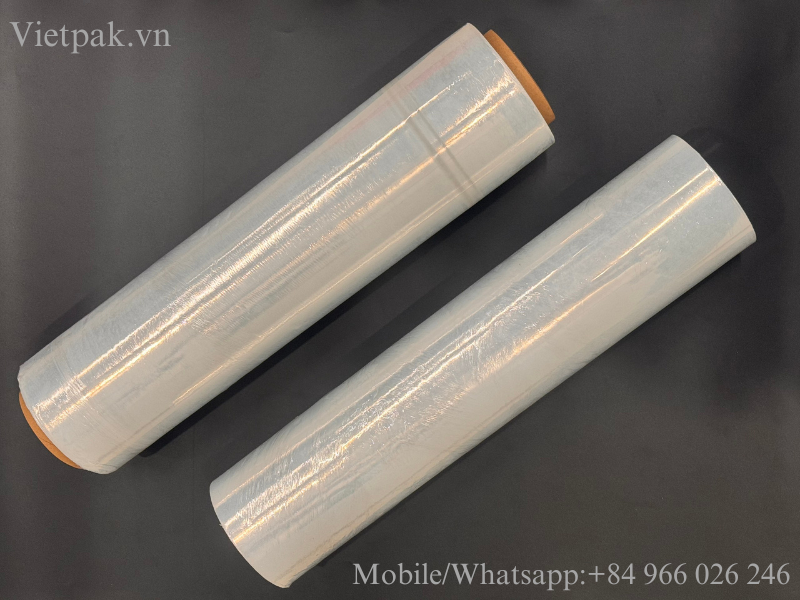
Table of Contents
Understanding cling film production
Cling film, often called plastic wrap or stretch film, is a vital tool for preserving food and securing industrial goods. Its ability to cling tightly makes it ideal for both household and commercial applications.
Cling film plastic bag factory operations focus on creating thin, flexible films used to wrap food or secure items on pallets. These films form a tight seal, protecting contents from air, moisture, and contaminants. Viepak’s food-grade cling films keep produce fresh, while industrial-grade options ensure safe transportation. The versatility of cling film makes it indispensable across industries.
The primary materials in cling film plastic bag factory production include Polyvinylidene Chloride (PVC) and Low-Density Polyethylene (LDPE). PVC offers excellent cling properties, while LDPE is safer for the environment and users. Viepak prioritizes LDPE for its eco-friendly benefits, ensuring sustainable production without compromising quality.
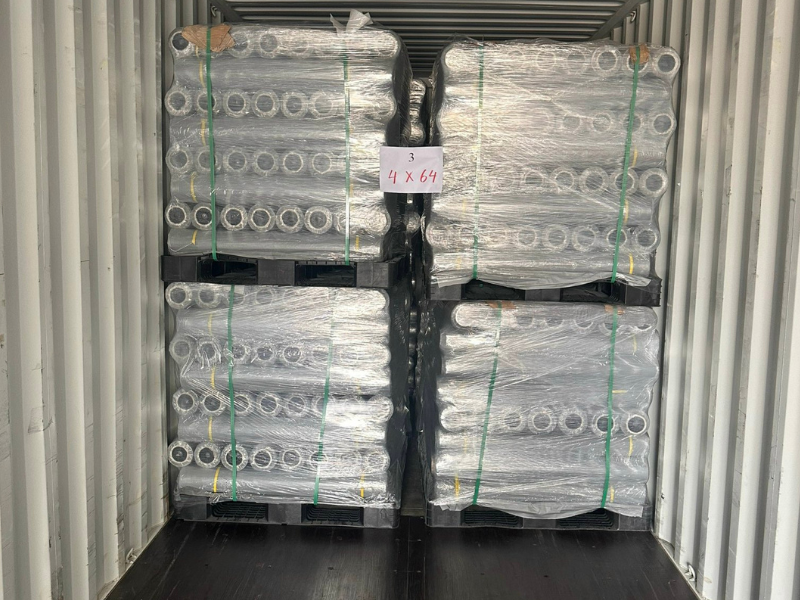
High-quality cling film ensures food safety and industrial efficiency
Applications and benefits of cling film
- Cling film serves multiple purposes, from household food storage to industrial packaging. Its unique properties make it a preferred choice for various applications.
- In a cling film plastic bag factory, food-grade films are designed to extend the shelf life of perishables. These films prevent air exposure, lock in moisture, and block odors from spreading. Viepak’s cling films are rigorously tested to meet food safety standards, ensuring fresh and uncontaminated products.
- Beyond food, cling film plastic bag factory products are used to secure goods during shipping. Stretch films wrap pallets tightly, preventing movement and damage. Viepak’s industrial films are durable, offering reliable protection for heavy loads across long distances.
- Cling films from a cling film plastic bag factory are safe for food contact when used correctly. They are designed to avoid direct contact with high-fat foods in microwaves and are not suitable for ovens. Viepak ensures its films are user-friendly, with clear guidelines for safe application in various settings.
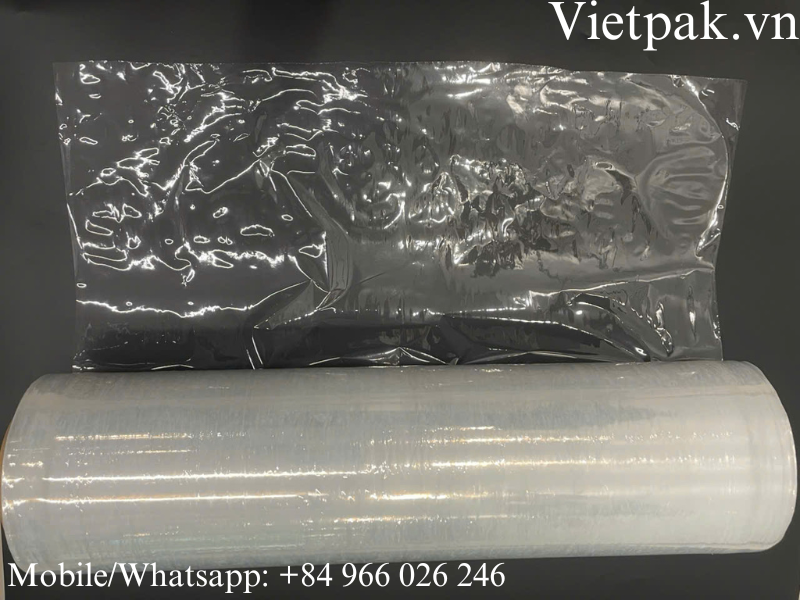
Cling film secures pallets for safe and efficient transportation
Environmental impact and sustainability
Sustainability is a growing concern in packaging. Cling film plastic bag factory operations must balance functionality with environmental responsibility.
Traditional cling films, like those made from PVC, can take centuries to decompose, breaking into harmful microplastics. Viepak’s cling film plastic bag factory uses LDPE, which is recyclable and produces no toxic by-products. These films reduce waste and prevent contamination, supporting cleaner environments.
Viepak’s cling film plastic bag factory adopts eco-conscious methods, such as using recyclable materials and minimizing waste during production. The company’s films are designed to be long-lasting, reducing the need for frequent replacements. This approach lowers the environmental footprint while maintaining high performance.
Cling film plastic bag factory Viepak stands out for its commitment to quality and sustainability. Its products meet rigorous safety and environmental standards, offering reliable solutions for food and industrial needs. With advanced production techniques, Viepak ensures durability and efficiency. Choose Viepak for trusted, eco-friendly packaging.
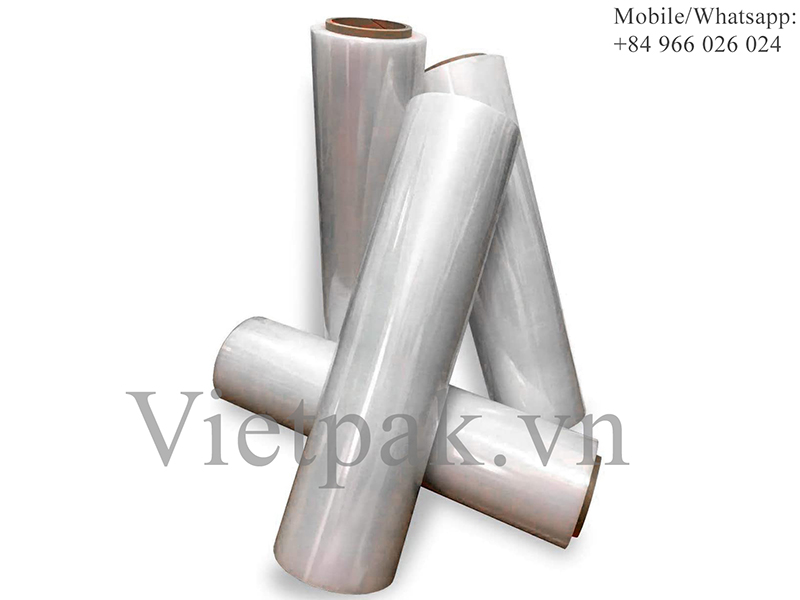
Eco-friendly cling film supports sustainable packaging solutions
Common questions about food wrap
Why do we use plastic wrap for food?
Plastic food wrap, typically made from PVC, is designed to cling tightly to itself and to containers, creating an airtight seal. This seal helps preserve food freshness by blocking air exposure. It also prevents moisture from reaching dry foods while keeping wet foods from drying out. Additionally, plastic wrap locks in odors, preventing them from spreading to other foods stored nearby.
Is it safe to use plastic wrap for food storage?
Yes, plastic wrap is generally safe for food use. There’s no evidence to suggest that PVC-based food wrap poses health risks. However, it’s recommended to keep the wrap at least 2 cm away from direct contact with food for added precaution.
What is the typical thickness of plastic wrap?
Most plastic wraps have a thickness ranging from 35 to 40 gauge, suitable for various household and commercial uses.
What’s the difference between PVC and non-PVC food wrap?
PVC food wrap, made from Polyvinylidene Chloride, is known for its clingy texture, making it ideal for sealing. Non-PVC wraps, often crafted from Low-Density Polyethylene, lack the same cling properties, which is the primary distinction between the two.
Can I use PVC food wrap in the microwave?
Yes, PVC food wrap can be used in the microwave, but precautions are necessary. Poke small holes in the wrap to allow steam to escape, and ensure it doesn’t touch foods high in fat. High-fat foods can cause the wrap to melt if heated excessively.
What size of plastic wrap should I choose?
The appropriate size of plastic wrap depends on your specific needs. Wraps come in various thicknesses and widths to accommodate different purposes, from household storage to industrial applications.
Is PVC food wrap suitable for freezer use?
Yes, PVC food wrap is excellent for freezing food. For best results, wrap the food tightly, squeezing out as much air as possible to prevent freezer burn and maintain quality.
Can plastic wrap be used in an oven?
No, plastic wrap should never be used in ovens, stovetops, or toaster ovens. Exposure to high heat will cause PVC food wrap to melt, making it unsuitable for these appliances.
Is it safe to heat plastic wrap?
Plastic wrap should not be exposed to direct heat sources, such as ovens or stovetops, as it can melt. Avoid heating it in any way that involves direct or high temperatures.
Does plastic wrap work well as an insulator?
Plastic wrap is not an effective insulator compared to materials like aluminum foil, which is better at retaining heat. While plastic wrap may offer minor heat retention, using two layers with an air gap between them can slightly improve its insulating properties.

